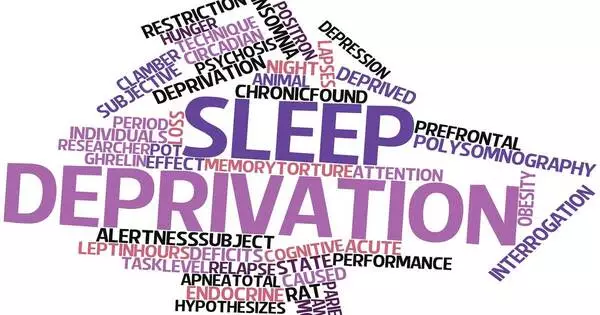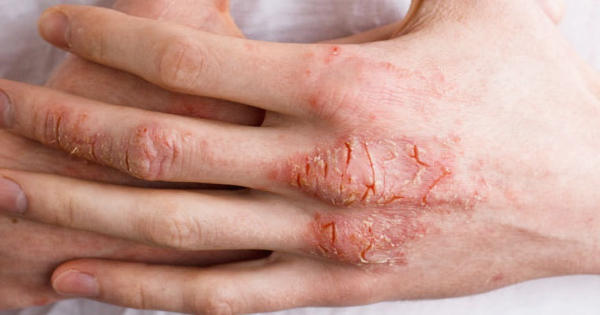Sleep deprivation occurs when a person does not get enough sleep to meet their physiological and psychological needs. It is the condition of not getting enough sleep, either in terms of duration or quality, to support adequate alertness, performance, and health. It is also known as sleep insufficiency or sleeplessness. The amount of sleep required varies from person to person, but most adults require 7 to 9 hours of sleep per night for optimal functioning. It can be either chronic or acute, and the severity can vary greatly.
Chronic sleep deprivation, which occurs when a person consistently sleeps less than they require, can have a variety of negative effects on physical and mental health. Acute sleep deprivation occurs when a person sleeps less than usual or does not sleep at all for a short period of time, typically one to two days but tending to last longer when no outside factors are present. Chronic sleep deprivation occurs when a person consistently sleeps less than the amount required for optimal functioning. Chronic sleep deprivation is frequently confused with insomnia.
Here are some common consequences of sleep deprivation:
- Cognitive Impairment: Sleep is essential for cognitive functions such as memory, attention, and decision-making. Sleep deprivation can impair these functions, resulting in decreased alertness, difficulty concentrating, and poor decision-making.
- Mood Changes: Sleep deprivation is frequently associated with mood disturbances such as irritability, mood swings, increased stress, and an overall negative impact on emotional well-being.
- Weakened Immune System: Adequate sleep is necessary for a healthy immune system. Chronic sleep deprivation may make people more susceptible to infections and illnesses.
- Impaired Motor Skills: Sleep deprivation can impair coordination and reaction times in the same way that alcohol does. This can increase the likelihood of accidents and injuries.
- Weight Gain: Sleep deprivation has been linked to changes in appetite-regulating hormones, which can lead to increased cravings for high-calorie foods and, in turn, weight gain.
- Increased Risk of Chronic Conditions: Chronic sleep deprivation has been associated with an increased risk of various health conditions, including cardiovascular disease, diabetes, and hypertension.
- Impact on Mental Health: Sleep plays a crucial role in mental health. Lack of sleep has been linked to an increased risk of mood disorders, such as depression and anxiety.
Although both chronic sleep deprivation and insomnia share a lack of quantity and/or quality of sleep, as well as impaired function, the difference is in the ability to fall asleep. When given the opportunity, sleep deprived people can fall asleep quickly, whereas insomniacs have difficulty falling asleep.
To maintain health, the average adult requires seven or more hours of sleep per night. The amount of sleep required can vary depending on sleep quality, age, pregnancy, and sleep deprivation level. Sleep deprivation has been linked to weight gain, hypertension, diabetes, depression, heart disease, and strokes. Inadequate sleep can also cause anxiety, irritability, erratic behavior, poor cognitive functioning and performance, and psychotic episodes.
















